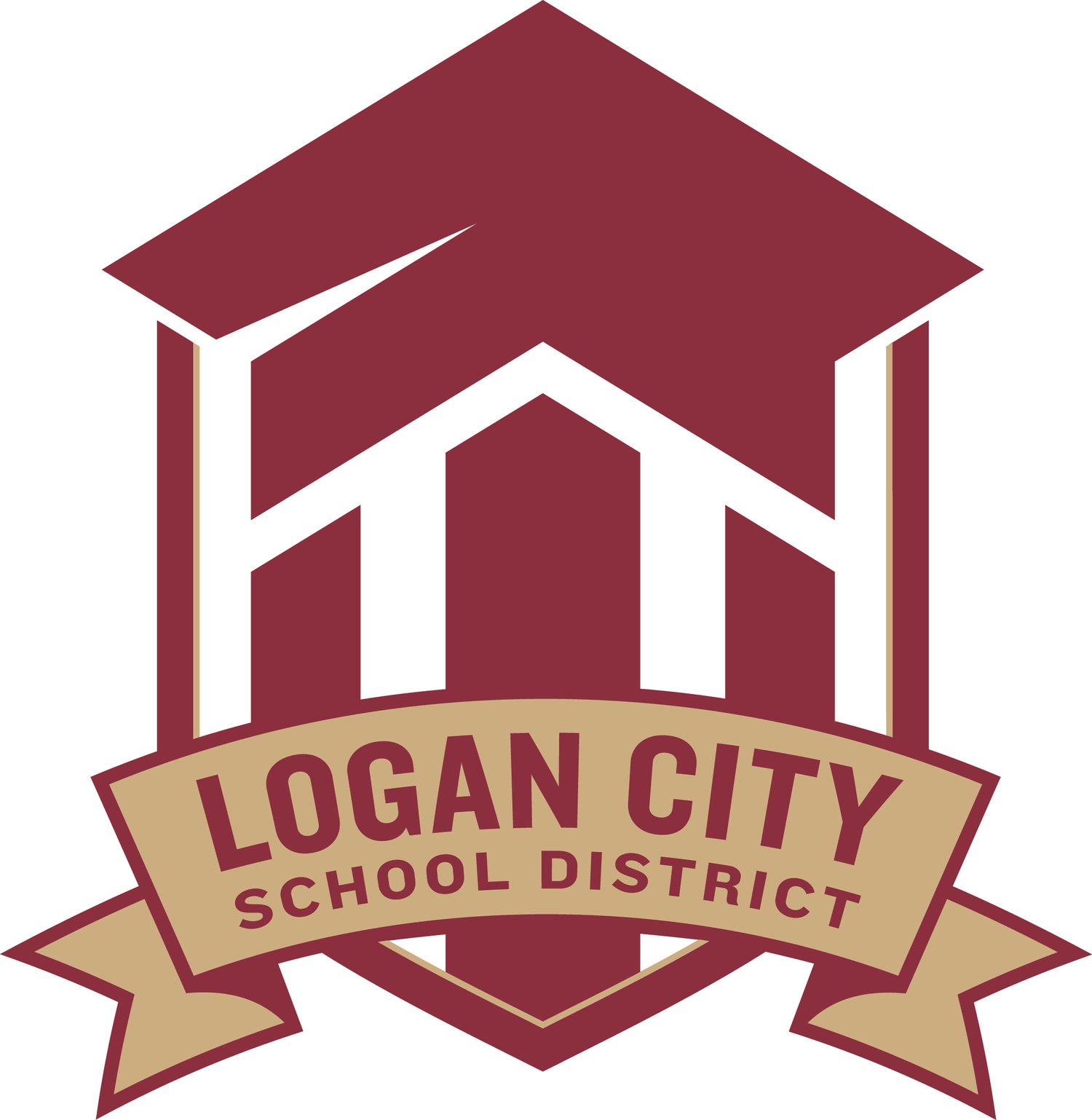Approval Date: November 19, 2019
EDE- Special Programs:
Special Education
Provision of Special Education
Eligible students with disabilities shall enjoy the right to a free appropriate public education, which may include instruction in the regular classroom, instruction through specialized teaching, or instruction through approved contracts. The District shall be responsible for providing educational and related services to eligible students in the least restrictive environment. Students with disabilities shall have the opportunity to participate in educational programs and activities with students without disabilities. To be eligible for special education services a student must have been determined to have one or more of the disabilities listed in federal regulations or in state law.
Utah Code § 53E-7-202 (2019)Definition of Students With Disabilities
“Students with disabilities” means students between the ages of 3 and 22, inclusive, with educational disabilities as established by federal and state regulations (Autism, Deafblindness, Developmental Delay, Emotional Disturbance, Hearing Impairment/Deafness, Intellectual Disability, Multiple Disabilities, Orthopedic Impairment, Other Health Impairment, Specific Learning Disability, Speech Language Impairment, Traumatic Brain Injury, Visual Impairment).
Utah Code § 53E-7-201(1), (5) (2019)Students Turning 22 During School Session
When a student with a disability turns 22 years old during the school year, and the student has not graduated from high school with a regular diploma, the student’s entitlement to services is extended to the end of the school year.
Utah Code § 53E-7-201(5)(b) (2019)Child Find
The District shall maintain a system for identifying children with disabilities who are in need of special education that includes a system of public awareness to inform the public annually of educational opportunities available to those with disabilities.
The District shall maintain a system for identifying children with disabilities who are in need of special education that includes a system of public awareness to inform the public annually of ways to seek assistance if they suspect their child may have a disability.
Parental Participation in Special Education Committee
The District shall maintain documentation to indicate the extent of parent participation in the student’s Individual Education Plan (“IEP”) development and parent agreement or disagreement with the IEP.
If the parent is unavailable or refuses to cooperate in an IEP meeting, the District may proceed in its responsibilities for the student’s education after the avenues in federal regulations have been exhausted. Efforts to contact or include the parent shall be documented. If the parent refuses to consent to initiation of formal evaluation procedures or initial special education placement, the District may pursue the courses of action available in state and federal statutes and regulations.
Surrogate Parents
The District shall determine when surrogate parents are to be assigned and provide for their assignment in accordance with the criteria in federal regulations.
Individual Education Plan ("IEP")
The IEP developed for each student shall include all the elements required by state and federal regulations and shall be completed and in place in the time required by federal and state law and regulations.
Least Restrictive Environment
To the greatest extent appropriate for the individual student, students with disabilities shall:
- Remain in the regular education program with special education support services, supplementary aides, or other special arrangements, if needed.
- Be educated to the maximum extent appropriate with students who do not have disabilities.
- Be provided opportunities to participate in school activities on the same basis as students without disabilities.
- Be offered an opportunity for interaction with students without disabilities on a regular basis.
Instructional Day
An instructional day commensurate with that of students without disabilities shall be available to students with disabilities.
Students in Utah State Department of Social Service Facilities
If a Utah Department of Human Services approved residential care and treatment facility that does not have an education program is located within the District’s boundaries, the District may contract to provide special education to eligible students with disabilities residing in the facility.
Planning and Evaluation
The District’s efforts to continuously improve its programs and services in accordance with accreditation requirements shall include elements of special education. The District shall evaluate the effectiveness of its special education program as part of the evaluation information maintained by the District and reported to the public.


